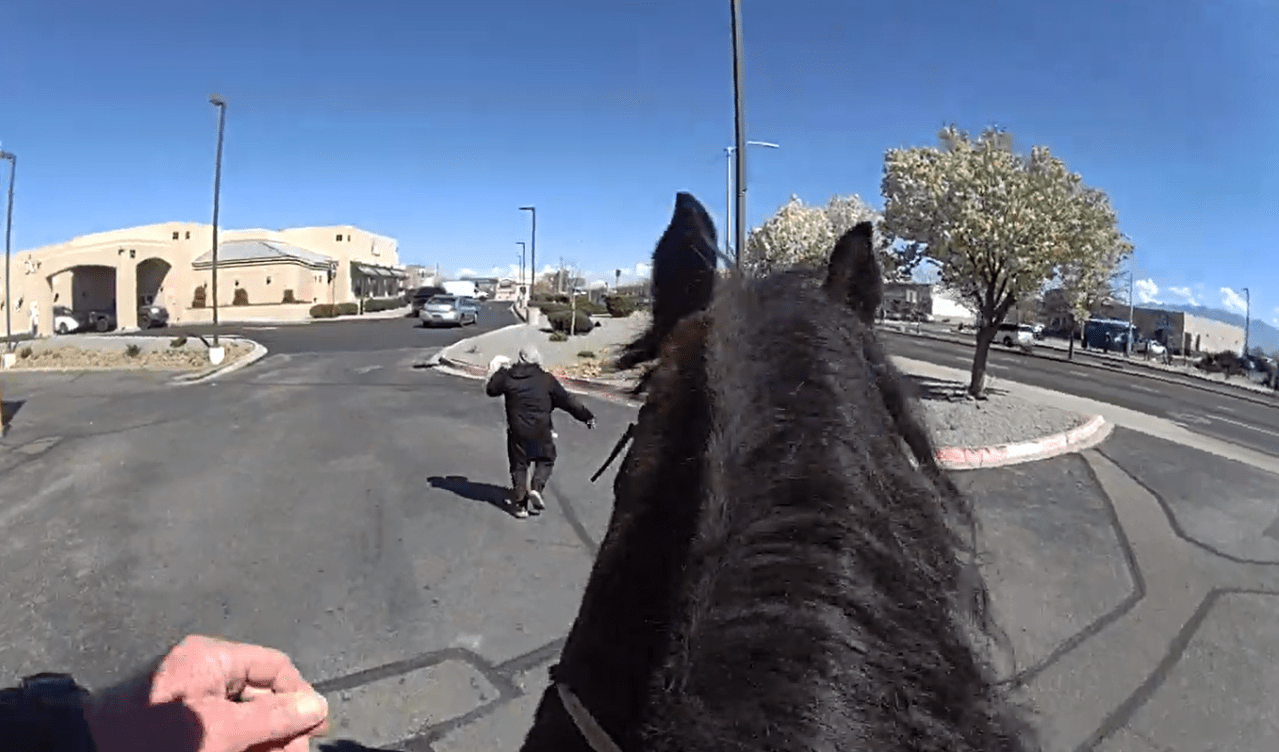The recent approval of the Registry of Bitcoin (BTC) and Cryptocurrency Service Providers in Argentina means greater oversight for users in that country who decide to operate on local cryptoasset platforms.
This is according to Ana Ojeda, a Venezuelan lawyer and executive director of Legal Rocks, a law firm specializing in Web3, who public Analysis of the situation in X.
According to Ojeda, exchanges, wallets and other similar providers that operate from Argentinian soil, “They will keep a close eye” on the National Securities Commission (CNV), Which is the body in charge of registration.
As reported by CryptoNoticias, the Argentine Senate amended the anti-money laundering law to give the CNV the authority to introduce registration data of service providers and regulate companies in the Bitcoin and cryptocurrency sector operating in that sector. Has agreed to.
This is as part of the recommendations of the Financial Action Task Force (FATF), which recently visited Argentina and pressured for approval Regulation for Bitcoin-related companies.
The CNV said in a proposal on March 22 that bitcoin and cryptocurrency companies have 45 days to register with the agency.
As lawyer Ojeda suggests, the rules apply to both local companies, such as Ripple, BinBit or Lemon Cash; As well as international, i.e., exchanges like Binance, KuCoin, Kraken, Coinbase and others that operate in Argentina without physical headquarters in that country.
However, Ojeda finds it difficult that the rules actually apply to forexBecause even if they wanted to, the CNV has “no way to effectively regulate the operations of companies that do not have a legal structure in the country.”
What can CNV do? Ask Binance or another exchange for collaboration Investigating accounts or giving them information about their users, such as how much they spend, who they send to or from whom they receive information, the lawyer says.
However, experts clarify, Is it optional or optional for Binance to transfer that information Regarding its users, because the company is not legally incorporated in Argentina.
That’s why Argentine investors They can opt for foreign platforms If they want to reduce CNV monitoring. However, the lawyer says, “This is a decision that each user must make.”
“(Users) should evaluate the risks of using an exchange that is not regulated, but which does not provide personal and financial data; Or use a platform that transfers information but allows you to assert rights as a user, in the event of a potential claim, lawsuit or bankruptcy.
Ana Ojeda, lawyer and CEO of Legal Rocks.
In the opinion of lawyer Ana Ojeda, the CNV will not ensure that international exchanges, which move the largest volume of peer-to-peer trading in Latin America, Register and comply with Argentinian law.
As you see it, with no tax incentives and a political landscape “that looks uncertain at the moment,” There is no way to achieve this.
For this reason, experts recommend that Argentine authorities study the case of El Salvador, a country that has created a National Digital Assets Commission through law.
“There is a success story, which is still being piloted, but with the success there have been incentives for the companies. Without this, any regulatory initiative is like throwing stones at airplanes,” Ojeda concluded.
















